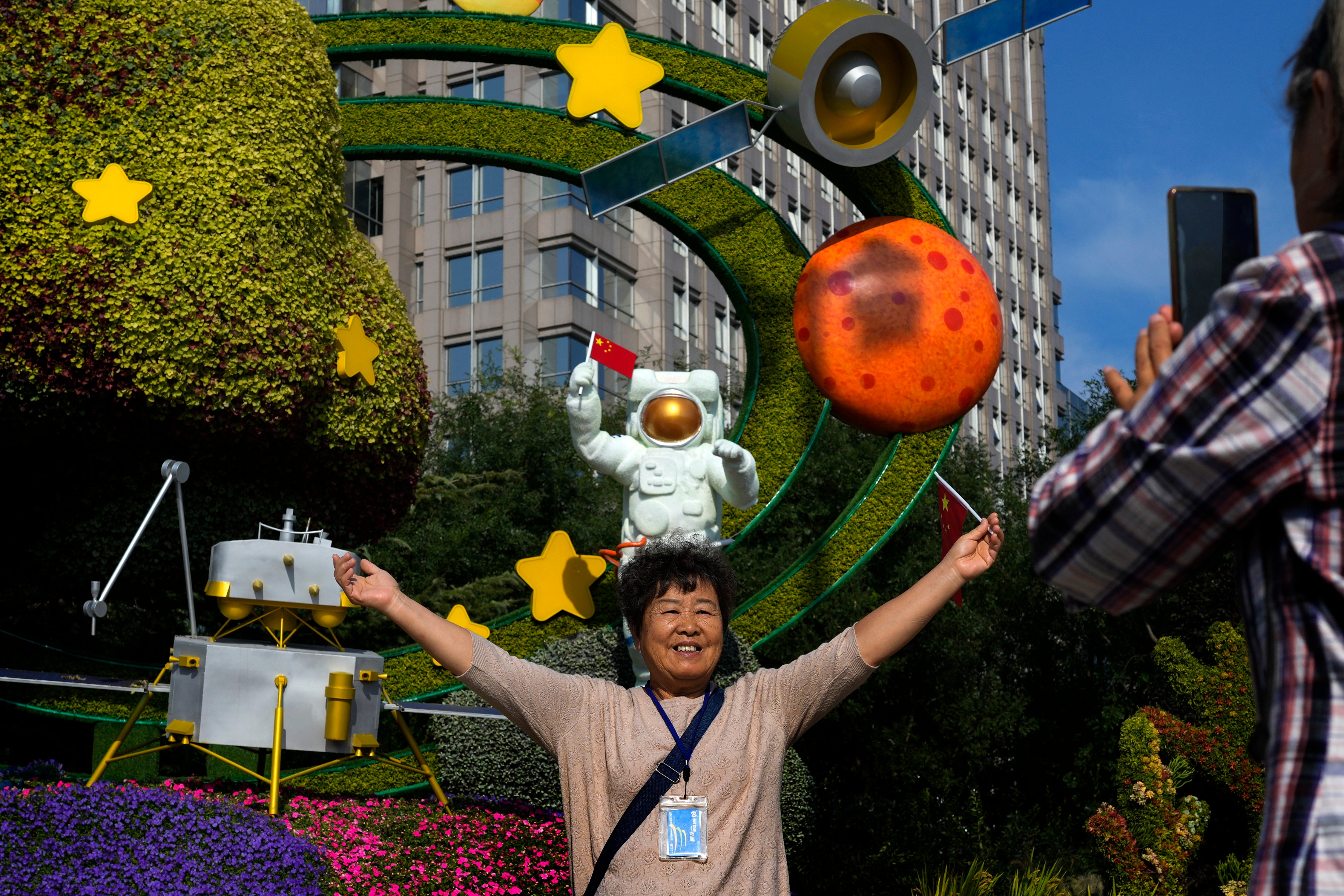China unveils its plans to turn its feats in space exploration into scientific advances
China has made great strides in exploring space in recent years, rocketing astronauts to its own space station and bringing back rocks from the moon

China has made great strides in exploring space in recent years, rocketing astronauts to its own space station and bringing back rocks from the moon. Now it wants to turn those feats into scientific advances.
The nation's leading scientific institute laid out an ambitious plan Tuesday to become a global leader in space science by 2050. It listed a wide range of research areas including black holes, Mars and Jupiter, and the search for habitable planets and signs of extraterrestrial life.
“Our country’s space science research in general is still in an initial stage,” Ding Chibiao, a vice president of the Chinese Academy of Sciences, said at a news conference. “It’s a weakness that must be addressed on the path of building an aerospace power.”
The plan, jointly issued with the China National Space Administration and the China Manned Space Engineering Office, set a goal of making landmark achievements “with significant international influence” that drive breakthroughs in innovation and transform China into a power in the study of space.
Besides putting a space station into orbit, the space agency has landed an explorer on Mars. It aims to put a person on the moon before 2030, which would make China the second nation after the United States to do so. It also plans to build a research station on the moon.
The moon program is part of a growing rivalry with the U.S. — still the leader in space exploration — and others, including Japan and India. America is planning to land astronauts on the moon for the first time in more than 50 years, though NASA pushed the target date back to 2026 earlier this year.
The U.S. launched a spacecraft this week on a 5 1/2-year journey to Jupiter, where it will try to study one of the planet's moons to see if its vast hidden ocean might hold the keys to life.
Bookmark popover
Removed from bookmarks